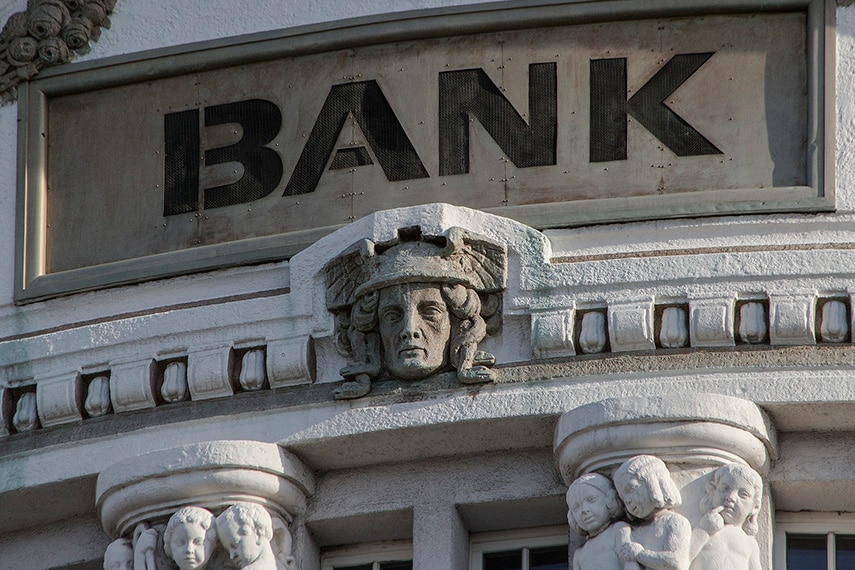6 Indicators of a Potential Recession
It seems that in the media today there are more and more mentions of the dreaded R-word: recession With growing economic uncertainty, the threat of potential recession seems to be growing as...
Economy

Anyone in high school today is old enough to have memories of the last banking crisis. Maybe those memories include helping pack up their room in the big house in the suburbs because the family had to move to an apartment closer to town with walls so thin you could hear the neighbors cough. Those are the memories young people have of the last banking crisis. For adults the memories are pink slips; signing up for meager unemployment benefits, only to be treated like deadbeats by some states for using it, all while dealing with rejection after rejection when trying to find a job. That was the last banking crisis; the next one could be all that and more. Time may heal the wounds, but it doesn’t dim the memories for those of us desperately trying to scrape out a living in those days.
Most of us can still remember the line of banking execs getting a stern lecture from Congress during televised hearings. Of course, that tongue-lashing came right before we gave them billions in a taxpayer bailout, instead of standing them up against a wall and shooting them, something that might have helped avert the next major banking crisis—which now may be all but unavoidable. Only when the next banking crisis strikes it’s more likely to have a German accent.
In 2007 it was Washington Mutual and Lehman Brothers that started the chain of dominoes falling. The entire global credit crisis was kicked off by just two financial institutions imploding. The problem was by then the world banking system had become so interconnected that the failure of just one or two led to the failure of the entire system. The reason for that connectedness is that banks buy securitized assets from one another. If just one bank is selling phony assets, that poison can spread everywhere. The common term for the spread of that contagion is called “spillover” in financial circles and, after the last crash, banks were supposed to keep more money on hand to cover any losses.
Even though on paper banks are supposed to have enough money to cover losses in securities purchased from other banks a few, like Deutsche Bank’s U.S. division, have consistently failed the stress tests we put them under to see if they’re financially viable. That heightened risk of failure, clouded by the fancy term “systemic risk”, is now at dangerously high levels.
We have many times, loudly and pointedly, criticized the International Monetary Fund, or IMF. But one thing you can’t fault them for is honesty. The IMF is bizarrely candid in its analysis of the looming banking crisis. The organization stated plainly in a recent assessment that the risk from outward spillover is dangerously high in banks in Germany, France, Italy and the UK.
According to TheStreet, when Lehman Brothers failed they were leveraged at a 31:1 ratio. Deutsche is currently leveraged at over forty times the ratio of total assets to shareholder equity. The question then becomes: Where is Deutsche going to get the money to keep going? It’s definitely not coming from the stock market. Deutsche stock has fallen from a high of around $160 a share in late 2007 to just under $14 a share today and the potential bottom is zero.
What we’re seeing today is the result of decades of loose money policies from central banks. Cheap money is gutting the profitability of banks and those banks have to make riskier loans in order to make any money. When loan risk goes up the number of loan failures go up and it doesn’t take many of those to see the financial dominoes start to fall once again.
For those of us who lived through the first banking meltdown in 2008, this is all starting to look eerily familiar. On the up side, we can’t be in denial about what it could mean, so we are able to do what we can to prepare. On the down side, we’re almost a decade older, still not where we need to be in terms of financial recovery, and almost ten years closer to the end of our earning days.

